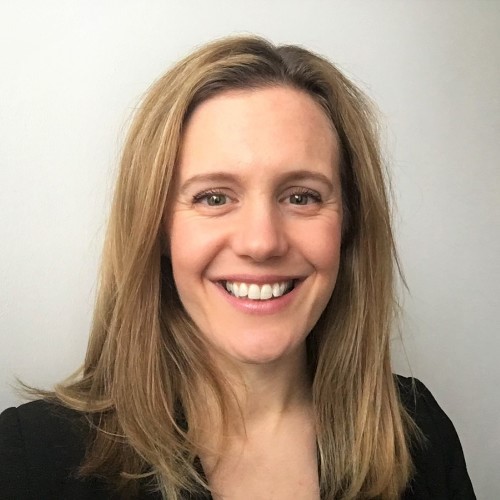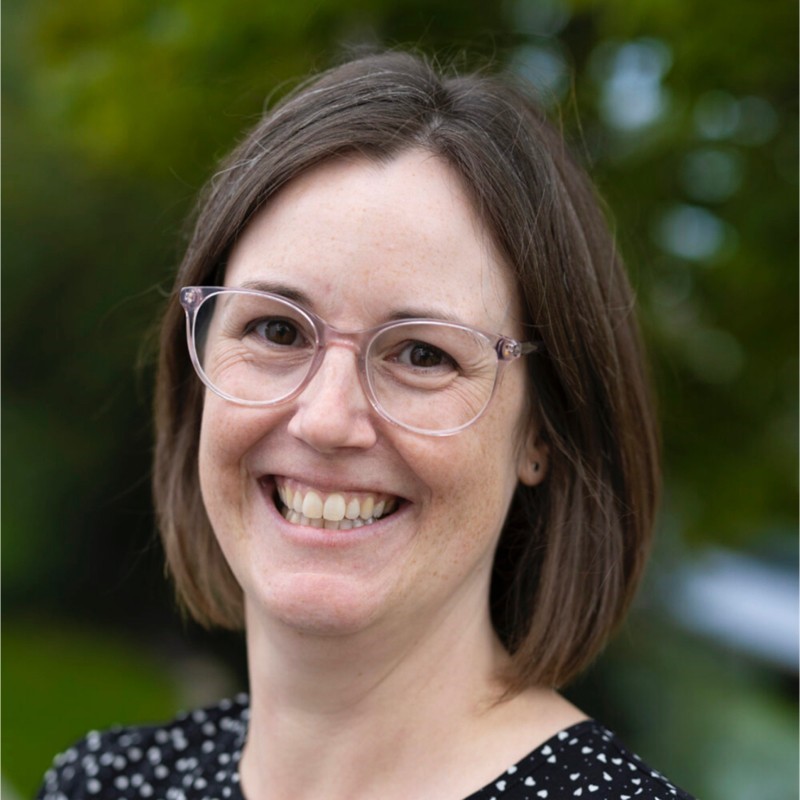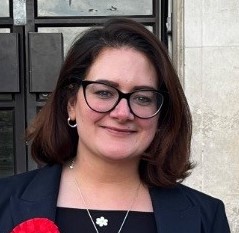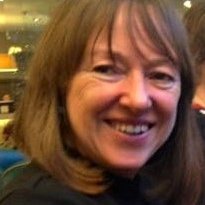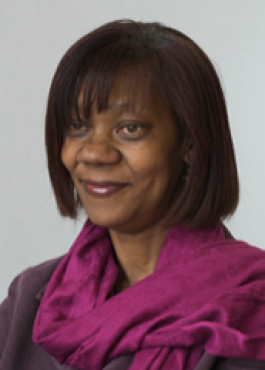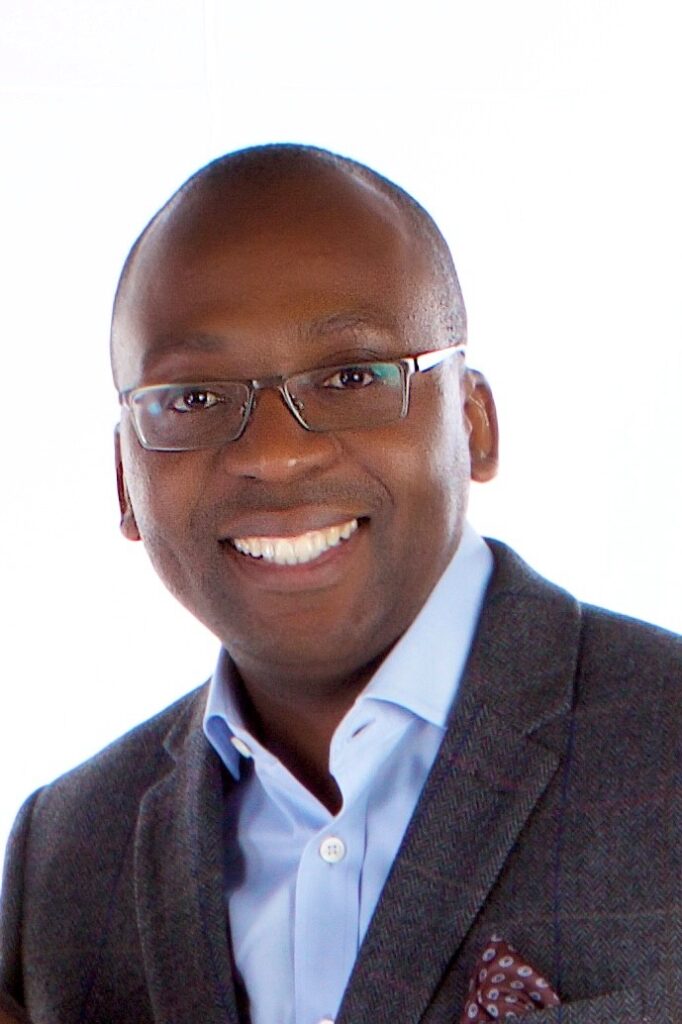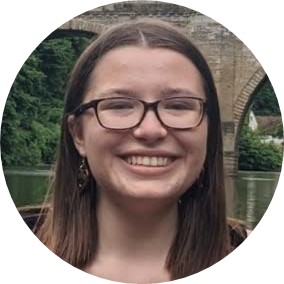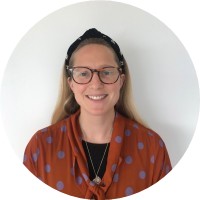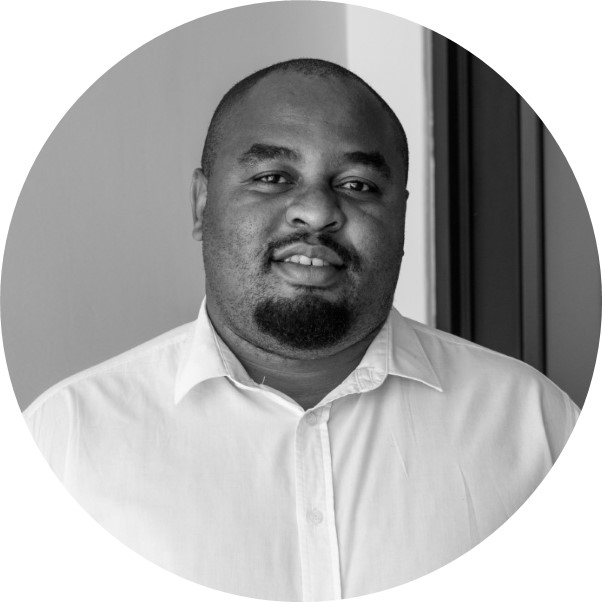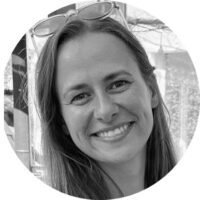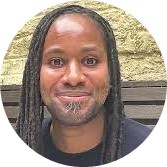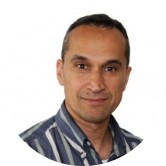How we work
The EDI Caucus has researchers and investigators based across the UK. We co-design with minoritised groups and conduct research to provide an evidence-base for EDI practices.
Home » How we work
Nothing about us, without us
Co-design at the heart of the EDI Caucus
EDICa has three “Stakeholder Engagement Groups” recruited to work with each of our three workstreams. These are people with lived experience who we bounce ideas off of and gain feedback. People serving on our Stakeholder Engagement Groups who are on low income are given an honorarium.
EDICa also conducts surveys, focus groups and interviews to gain qualitative and quantitative data which feeds into the formulation of “interventions” – a fancy word for changes to the way we do things. These are then implemented and studied over time to see if they are effective.
EDICa seeks to provide an evidence-base for EDI practices.
For detailed information on our research, visit the pages under the Research Projects menu.
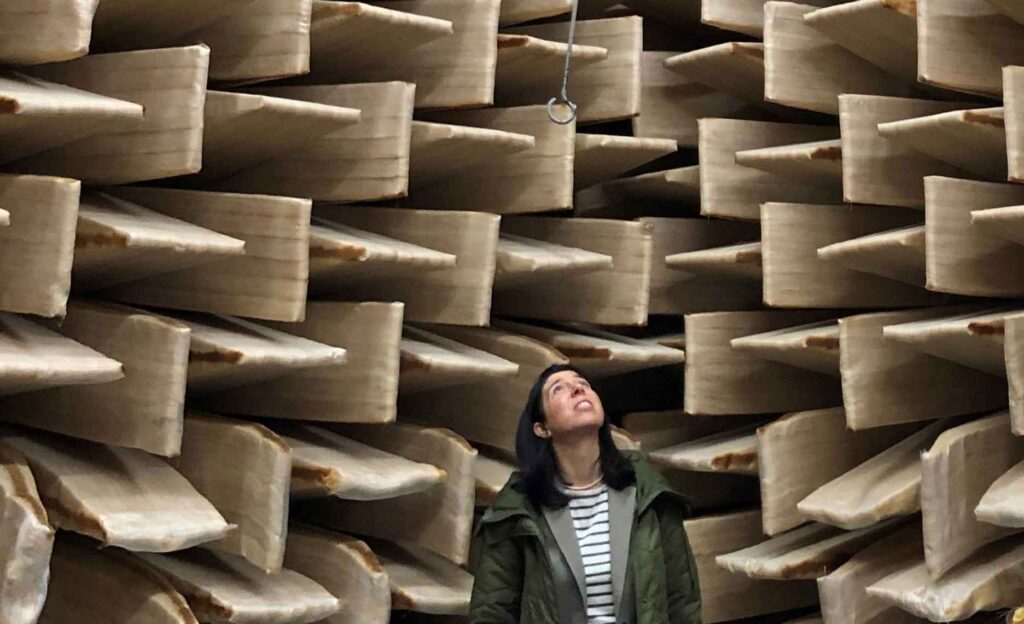
EDICa postdoc Chiara Cocco experiencing an anechoic chamber, which deadens most sounds.
We visit places where research happens
It’s important for social scientists working on making research & innovation workspaces more inclusive and accessible to visit and physically experience the wide range of places where this work happens.
Where the UK’s research & innovation happens
Research and innovation takes place in such a variety of places. Some types will come to mind when thinking about R&I – like laboratories and libraries. But R&I also takes place in farm fields, under water, on ships and fishing boats, in space, and deep underground. Boulby Mine Lab is a UKRI facility located 1.1km underground in a mine, where the solar system’s normal radiation is less interfering for certain experiments.
But what is it like to work there? Is it accessible to disabled people?
Check out EDICa’s resources
EDICa hosts a regular blog and seminars, as well as collecting a library of resources of equality, diversity & inclusion practices in research & innovation.
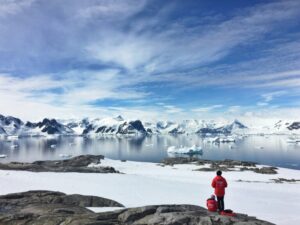
Disabled people are missing from Antarctic EDI work: how do we fix it?
Date: 23 May 2024
A guest blog by Alice Oates, a 2023 Scientific Committee on Antarctic Research (SCAR) Fellow.
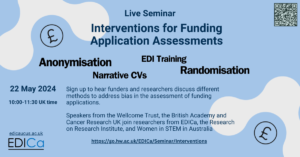
Interventions Seminar Recording
Date: 22nd May 2024
In May EDICa hosted a panel of funder representatives and researchers to discuss alternative methods of assessing funding applications. Access the recording here.

Peer Review Bias in Funding
Date: 4th April 2024
EDICa publishes a report on Peer Review Bias in Funding. Read some highlights.



